China’s stance on Syria’s turmoil: New chapter in geopolitical strategy

The Arab Spring, which began in 2010, triggered significant political, social, economic and geopolitical transformations across North Africa and the Middle East. In Syria, the civil war erupted in 2011 as a consequence of these uprisings, leading to a new phase of conflict. As of Dec. 7, 2024, this tumultuous period has reached a pivotal new chapter.
Launched on Nov. 27, 2024 by the Syrian opposition led by Hayat Tahrir al-Sham (HTS), Operation Deterring Aggression (Rad’ul Udwan) and Operation Dawn of Freedom, announced by the Syrian National Army on Nov. 30, 2024, initially caused the Assad regime to lose significant territory in northern Syria, and ultimately resulted in the fall of Aleppo, Hama, Homs, and the capital, Damascus.
The current situation in Syria is clearly impacting the domestic politics of countries in the region and will continue to do so. More significantly, it is shaping new foreign policy dynamics, triggering power shifts in international relations, intensifying struggles for hegemony, and influencing regional security.
Syria, located at the crossroads of the Middle East, holds significant geostrategic importance due to its access to the Mediterranean Sea, its central role in conflicts like the Palestinian-Israeli and Shiite-Sunni disputes, its energy resources and transit corridors, and the strategic advantages it offers to the countries within its sphere of influence, serving as a key operational hub. For this reason, the goals and actions of Russia, Iran, Israel, the United States, China, Türkiye, and both legitimate and illegitimate local organizations have persisted unabated since 2011.
With the collapse of the Assad regime, those who supported Assad and opposed anti-Assad forces until the end, now face an entirely new reality.

China’s recent Syrian policy
China has been notably impacted by recent developments in Syria. Pursuing a strategy aimed at capitalizing on the power shifts from a unipolar to a multipolar world, China has made significant strides in strengthening its presence in the Middle East and Gulf regions.
Beijing’s regional diplomatic feats—for example, brokering a resumption of diplomatic relations between regional rivals Saudi Arabia and Iran or hosting an emergency summit of Muslim foreign ministers to pressure Israel to stop its military operations in Gaza— highlight China’s ambition to solidify its presence in Middle Eastern diplomacy.
At the same time the signing of a 25-year agreement with Iran in 2021, encompassing political, economic, and military dimensions, along with efforts to strengthen ties with Gulf countries through institutions like the Gulf Cooperation Council (GCC), exemplify China’s initiatives to enhance economic cooperation with the region.
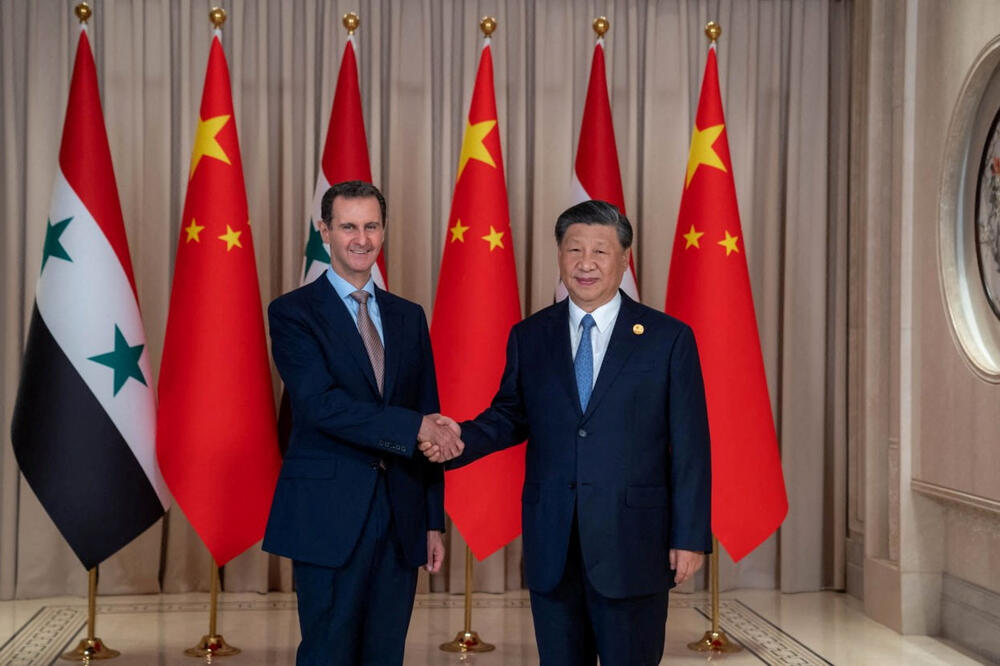
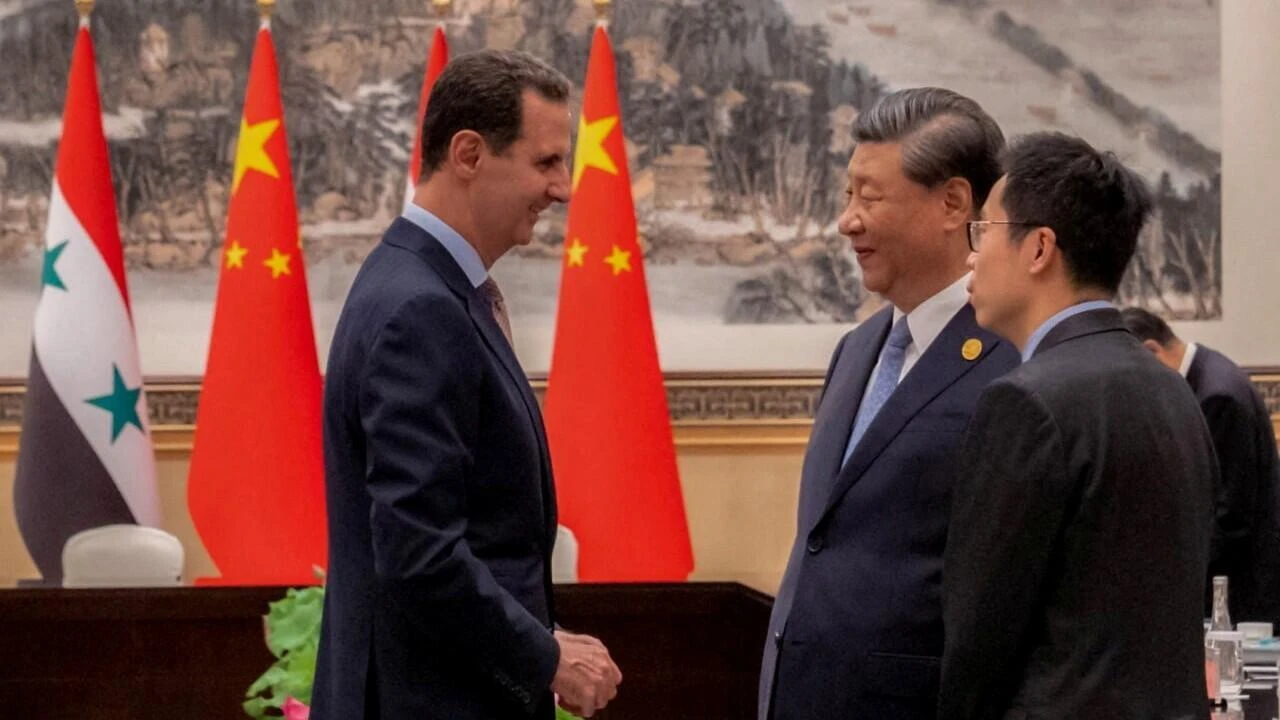
It is impossible to influence or shape the global system for the future without maintaining a tangible presence in the Middle East—one of the world’s most complex and multilayered regions in terms of geopolitics, geocultural, theopolitics and geoeconomics.
At a time when the mid-long-term strategy of the United States in the region is being increasingly questioned, China is striving to position itself as a new system-building actor, aiming to replace the U.S., the dominant influencer in the Middle East. In this context, Beijing has sought to shape its relationship with Syria and, through its recent actions, has expressed support for Assad.
In 2023, China’s President Xi Jinping and ousted regime leader Bashar al-Assad met in Hangzhou, China, during the 19th Asian Games, and agreed to elevate their bilateral relations to the level of a “strategic partnership.”
In his statement following the meeting, Xi expressed opposition to foreign intervention and unilateral actions in Syria, affirming China’s commitment to supporting Syria’s reconstruction. He also stated that “China is willing to strengthen cooperation with Syria through the Belt and Road Initiative” emphasizing that China’s focus on the region is not only diplomatic but also ecopolitical.
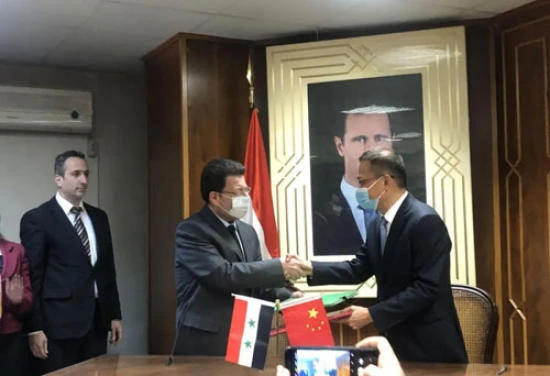
A year before Assad’s visit, Chinese Ambassador to Syria Feng Biao and the Director General of the Syrian Agency for Planning and International Cooperation Fadi Khalil signed a memorandum of understanding (MoU) on Belt and Road Cooperation on Jan. 12, 2022, in Damascus, on behalf of the two governments.
In addition, between 2011 and 2020, China used its veto power in the U.N. Security Council on Syria-related issues a total of 10 times, advocating for the lifting of sanctions on Syria and urging a reduction in external interference in the country’s internal affairs.
Beijing, which typically maintains a neutral stance in international relations—particularly in conflict zones—by seeking to bring all parties’ perspectives to the table and avoiding statements on countries’ internal affairs, has taken a notably different approach toward Syria.
Undoubtedly, Syria’s strategic location as a gateway to the Mediterranean, China’s ambition to play a leading role in Syria’s reconstruction, its goal of establishing new trade corridors through the Belt and Road Initiative, and its confidence in Assad’s eventual victory prompted Beijing to adopt a more hasty and active approach, deviating from its conventional policies.
Furthermore, the desire to challenge U.S. hegemony in the region alongside Iran and Russia, position itself as a key player in constructing a multipolar world, and keep Washington preoccupied in the Middle East may have driven Beijing to act swiftly.
However, the statement by China’s Foreign Ministry spokesperson—“We support the Syrian president’s struggle against armed groups and Damascus efforts to ensure the security and stability of the country”—made even after the events had begun, was both a strategic misstep and a failure to accurately assess the region’s demographic, sociological, and military power dynamics. This is because the foreign policies of states should be pragmatic and capable of adapting quickly to changing circumstances.
The silence of Iran and Russia—Assad’s two strongest supporters—and their eventual withdrawal of support during the final resistance are clear examples of this adaptability. However, Beijing has shown weakness in this regard, revealing a disconnect between its officials’ analyses and the realities on the ground.
Indeed, recent analyses by Chinese experts on the Middle East appear disconnected from the region’s realities. For instance, Professor Jin Canrong from Renmin University remarked that while Syrian government forces were caught off guard, they could stabilize the situation as long as they remained calm and avoided panic.
Li Shaoxian, a Middle East expert from Ningxia University, stated, “In an equation involving Russia and Iran, it is unlikely that Syrian anti-regime forces will overthrow the government,” a comment that once again reflects a misguided perspective.
At this stage, it is evident that China has chosen the wrong side, made a strategic miscalculation, and demonstrated an intelligence failure. Against the backdrop of this situation, its ambitions to emerge as a key player or power center in the region through Syria have been significantly undermined.
Despite establishing a strategic partnership with Assad last year, Beijing advised its citizens to leave Syria immediately on Dec. 5 and, on Dec. 8, expressed hope for a swift return to stability in the country.
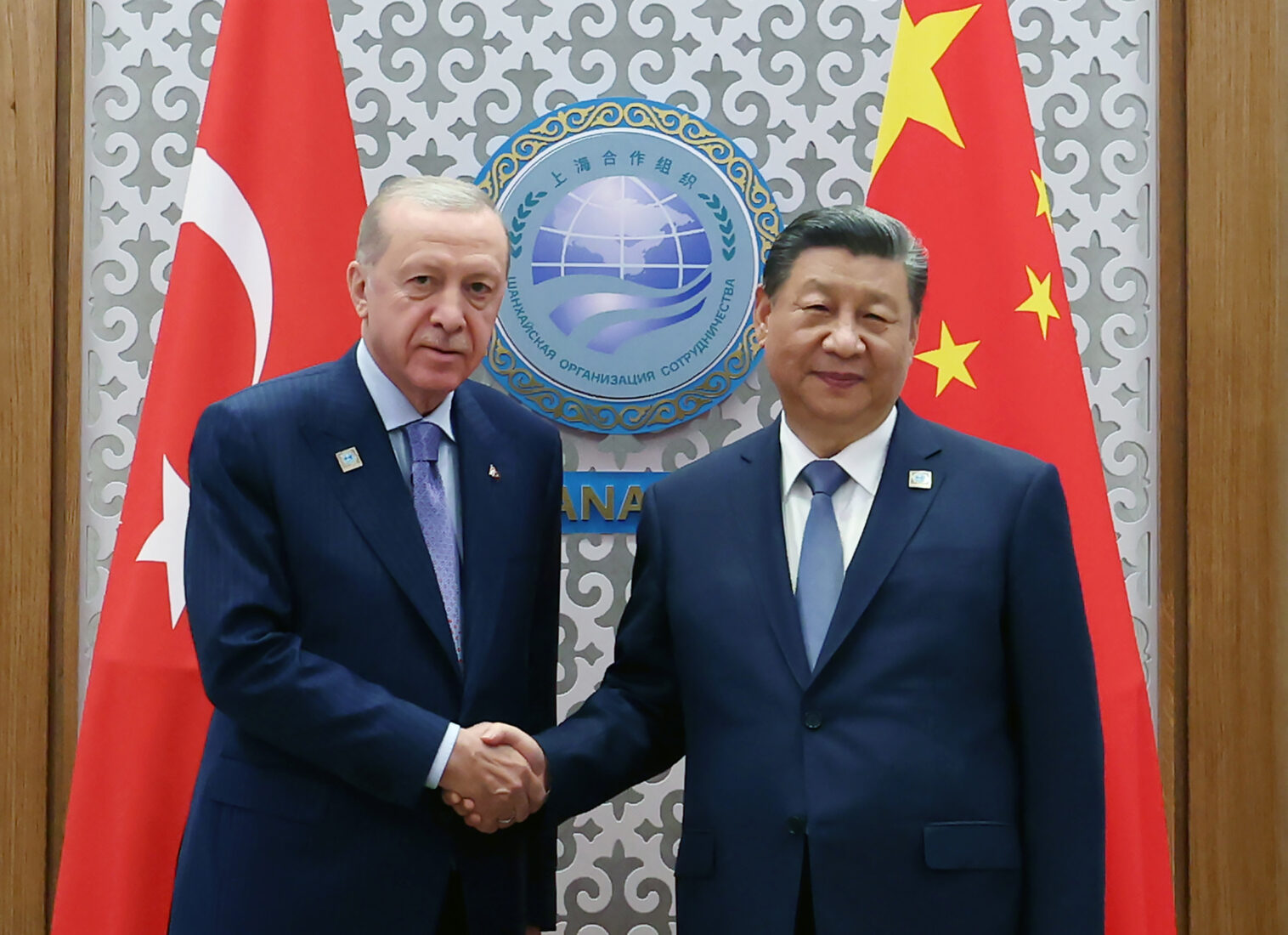
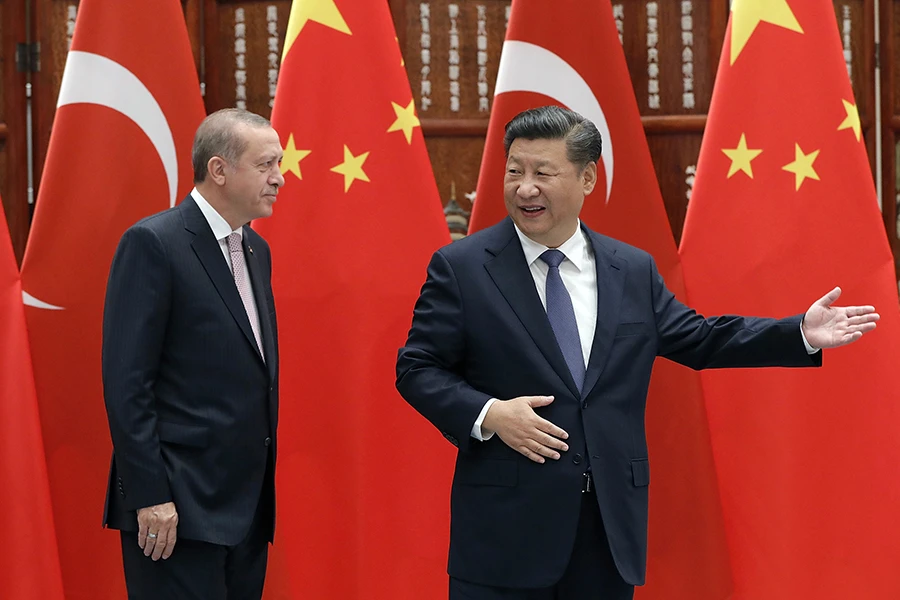
Implications for Türkiye-China Relations
It is a reality that countries and organizations such as Russia, Iran, China, Hezbollah, and illegal structures such as PKK/PYD terrorist organization in the region will lose influence and see their spheres of power diminish following the collapse of the Assad regime and the expansion of Hayat Tahrir al-Sham, led by Abu Muhammad al-Jolani, across much of Syria.
Additionally, it is anticipated that the U.S. will withdraw all or most of its forces from the region under Trump’s leadership. The U.S. has long been planning to reduce its involvement in the Middle East, primarily focused on safeguarding its core interests in the region, and redirect its attention toward the Indo-Pacific. In doing so, it can be assumed that the U.S. will leverage its ability to mobilize armed groups capable of destabilizing China, extending from the Middle East to Afghanistan via the Wakhan Corridor.
One of China’s primary focuses in Syria will be to signal its willingness to adopt a cooperative stance during the transitional government period. In international relations, state interests are the primary drivers of policy. Beijing, eager to establish a presence both diplomatically and economically in Syria’s reconstruction process, will aim to provide affordable loans, strengthen the connection of corridors opening to the Mediterranean through Syria with the Belt and Road Initiative, and play an active role in the redefined geopolitical relationships.
However, in doing so, China may also seek to cooperate with allies who have influence over Syria. At this juncture, China will likely deepen its relations with Türkiye, the most influential legitimate power in Syria with political, military, and demographic as part of its Middle East policy.
Relations have shown a gradual positive trend, especially after Turkish Foreign Minister Hakan Fidan’s official visit to China on June 3-5, following an invitation from Chinese Foreign Minister Wang Yi. China’s win-win cooperation with Türkiye in Syria’s recovery will help solidify its presence in the region with more tangible grounds. Undoubtedly, the Middle East will be a key focus of the upcoming meeting between President Recep Tayyip Erdogan and President Xi Jinping.



